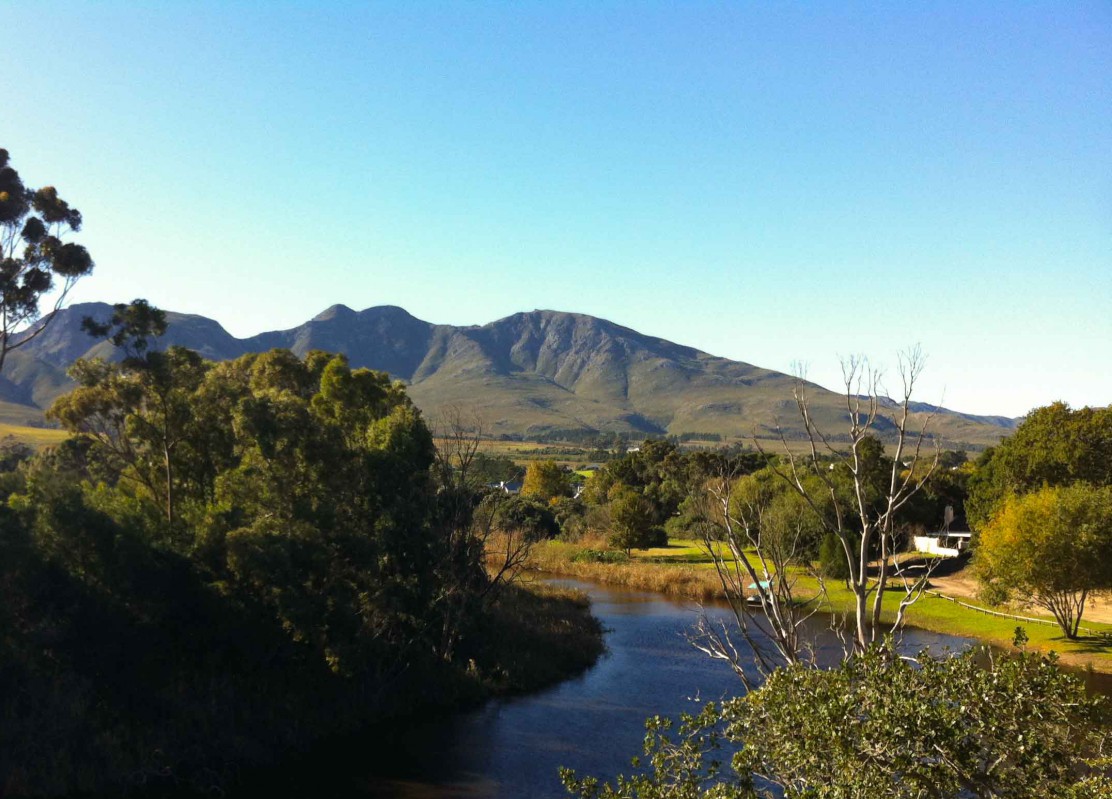This great, seasonal recipe has been generously shared by Rishi, one half of the dynamic duo at Goodwill Mountain Farm.
Sorrel Pesto
Sorrel pesto is a quintessential Stanford Food Heroes recipe as it’s local, seasonal and sustainable. These days, sorrel grows abundantly everywhere around Stanford, so get your scissors and baskets out and go hunting for these heart-shaped beauties. The great thing about foraged food is that it is, per definition, organic and super fresh, which is more than you can say about most of the food in the supermarkets! Sorrel is a nutrient powerhouse especially rich in Vitamin C which is great for a mid-winter immunity boost, and the nuts and seeds in the recipe are high in fats to keep you warm on these cooler days.
Ingredients
A big bunch of sorrel (approx. 120 g)
15-20 leaves of kale with stems removed (spinach would work too)
1 cup cashews, soaked for 30 mins in hot water and drained
Juice of 1/2 lemon
1/4 cup sunflower seeds
1/4 cup pumpkin seeds
4 tbsp nutritional yeast flakes
1 tsp salt
Dash of olive oil
Method
Start by dry-roasting the sunflower and pumpkin seeds together on a frying pan. They’re done when they start cracking and splitting. Let them cool off before adding to the rest of the ingredients to avoid the pesto oxidizing too fast. Add all other ingredients to a food processor and pulse until it has a creamy texture with some chunks left – pesto texture, basically. If the pesto is too tart for your liking, more kale can be added, and if it’s not creamy enough, more cashews can be added. This pesto goes well on pasta and sandwiches and can be loosened with olive oil to make a salad dressing. Also excellent to eat on crackerbread standing by the kitchen counter late at night! Store in an airtight container in the fridge where it will keep for at least a week.
*Wood sorrel (genus Oxalis) has heart-shaped leaves and is often confused with clover. The leaves are a little bigger and taste sour, as do the yellow flowers. Kids in Stanford call them sour flowers. Go on, try them!
Words by Rishi from Goodwill Mountain, and Phil Murray
